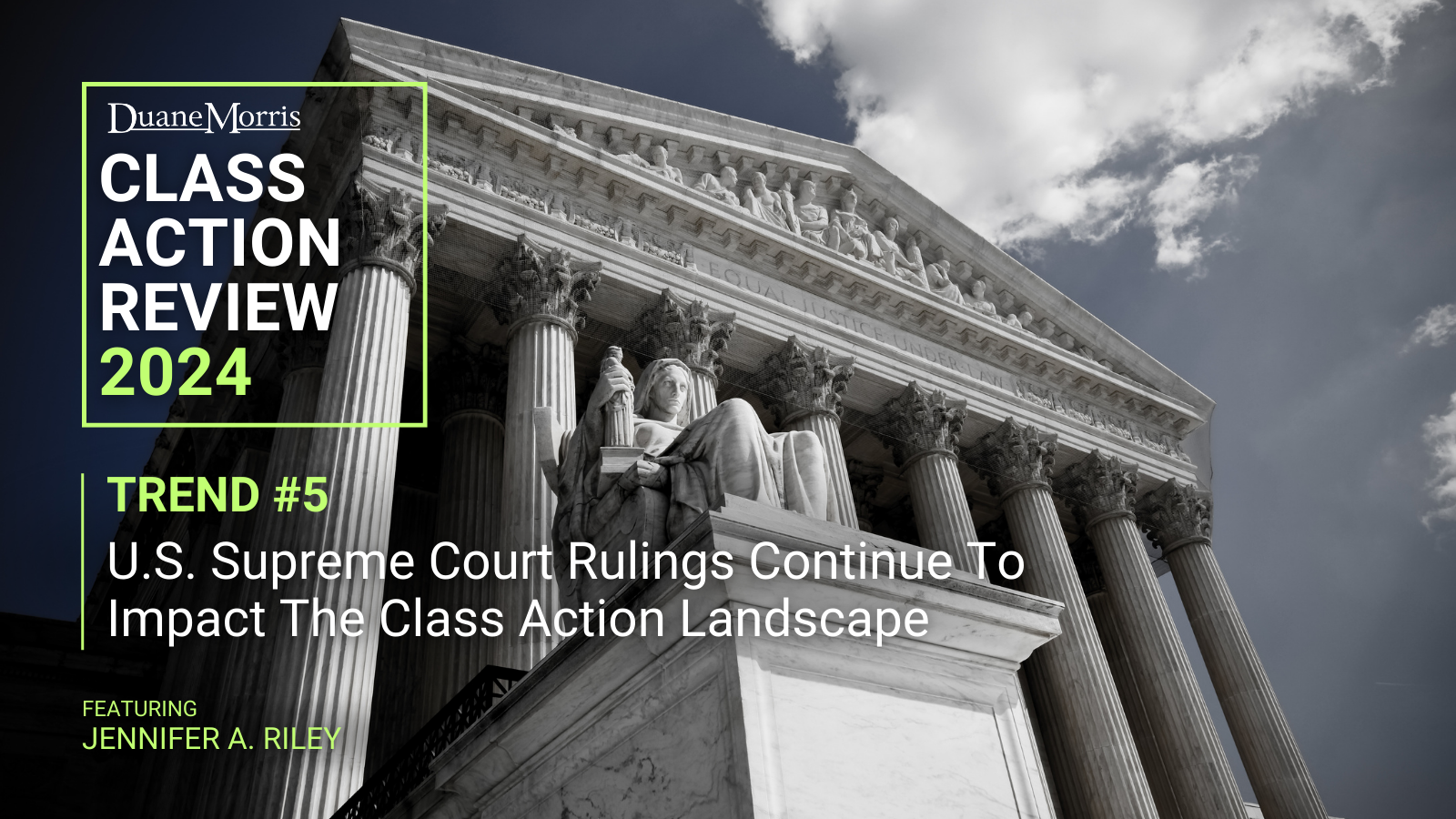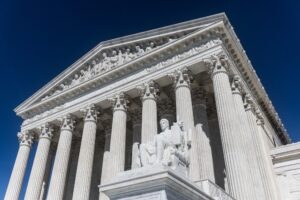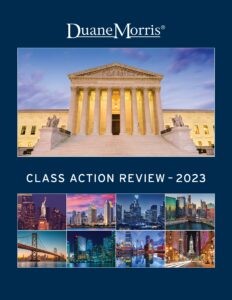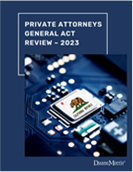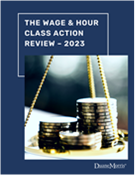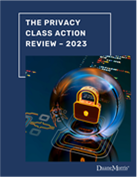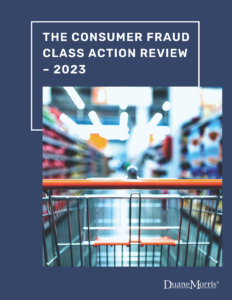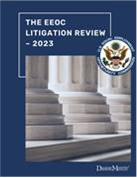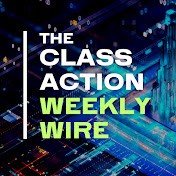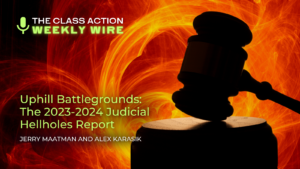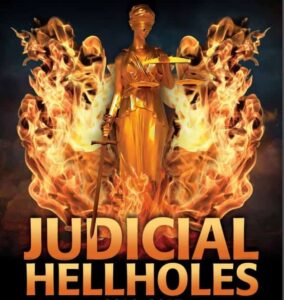 By Gerald L. Maatman, Jr., Nathan K. Norimoto, Nick Baltaxe
By Gerald L. Maatman, Jr., Nathan K. Norimoto, Nick Baltaxe
Duane Morris Takeaways: On January 28, 2024, in Chavez, et al. v. San Francisco Bay Area Rapid Transit District, No. 22-CV-06119, 2024 U.S. Dist. LEXIS 14785 (N.D. Cal. Jan. 28, 2024), Judge William Alsup of the U.S. District Court for the Northern District of California denied class certification for a failure to accommodate religious beliefs claim premised on a workplace COVID-19 vaccine mandate. Specifically, the Court held that the putative class was not certifiable as the class failed to meet Rule 23(b)(3)’s predominance and superiority requirements. The decision is a good roadmap for employers dealing with the continuing fall-out of the COVID-19 pandemic.
Background Of The Case
Defendant San Francisco Bay Area Rapid Transit (“BART”) implemented a workplace policy mandating that all employees needed a COVID-19 vaccination by December 21, 2021. Id. at 2. In response, BART received 188 requests for religious exemption and accommodation. Id. While some employees did not complete the exemption application process, 148 employees submitted applications to BART, noting varying belief systems such as “Christianity,” “Catholic,” “Islamism,” or even personal belief systems such as being “anti tyranny [sic].” Id. at 3. A panel of BART employees then reviewed each application individually and conducted further interviews with the applicants before deciding to grant or deny the request. Id. at 5.
Of the 148 completed applications, BART granted 70 religious exemptions and denied 78. Id. Those who were denied were given the option to either comply with the mandate, retire, voluntarily resign, or be terminated. Id. In total, 36 employees either retired, resigned, or were terminated. Id. BART considered accommodation for the 70 employees who were granted exemptions, but ultimately did not provide any accommodations as they could not “identify a reasonable accommodation that did not place an undue hardship on the District.” Id. at 6. Of the 70 applicants who were denied accommodation, 37 resigned, retired, or were terminated. Id. BART additionally received 25 requests for medical exemptions, and eight medical exemptions were granted, with those employees being placed on unpaid leave that only ended upon vaccination. Id.
Plaintiff Gabriel Chavez and 16 other named plaintiffs filed a class action complaint alleging that BART’s policy violated Title VII, the First Amendment right to free exercise of religion under 42 U.S.C. § 1983, and California’s Fair Employment and Housing Act (“FEHA”). Id. at 7. Plaintiff sought to certify a class pursuant to Rule 23(b)(3) composed of “all employees employed by BART who (1) have been ordered to submit to a COVID-19 vaccination, (2) have sincerely held religious beliefs which prevent them from taking the vaccine, (3) have submitted a request for a religious exemption, and (4) were denied a religious accommodation.” Id. Plaintiff also proposed a second, alternative class consisting of all employees employed by BART who “(1) have been ordered to submit to a COVID-19 vaccination, (2) have sincerely held religious beliefs which prevent them from taking the vaccine, (3) have submitted a request for religious exemption and religious accommodation, and (4) whose request for a religious exemption were denied.” Id.
The Court’s Ruling
The Court examined the class certification requirements under Rule 23(b)(3), which provide that a plaintiff must establish “that the questions of law or fact common to class members predominate over any questions affecting only individual members, and that a class action is superior to other available methods for fairly and efficiently adjudicating the controversy.” Id. at *8. The Court held that Plaintiffs’ proposed class, as well as the proposed alternative class, did not satisfy the predominance and superiority requirements, and denied Plaintiffs’ certification motion. Id. at 23.
First, the Court examined the requirement of common issues predominating over any questions affecting only individual members. Id. at 11-20. With respect to Plaintiffs’ Title VII and FEHA claims, the Court noted that whether or not an individual had a bona fide religious belief – a requirement for both claims – there were too many individual systems of belief to examine. Id. at 12. The Court held that nearly every named plaintiffs’ application contained a distinct system of belief, and any examination of whether or not a request rested on a “bona fide religious belief” would necessarily require an individual inquiry into each plaintiffs’ belief system. Id. The Court expressed doubt that the various written or interview responses of one plaintiff will have any evidentiary impact on the bona fide religious belief of the class as a whole. Id.
Next, the Court held that BART’s undue hardship showing required an individualized inquiry of factual issues. Id. The Court noted that the potential class members are drawn from a large diversity of jobs – over a dozen unique jobs – and that accommodations reasonably considered for a “train conductor’s request bear no relation to the job functions and reasonable accommodations BART must consider when evaluating the exemption request of a manager of technology programs, a fire protection worker, or a police officer, or a senior operations supervisor liaison.” Id. 13-14. Further, the Court found that the inclusion of some union employees in the putative class also required individualized inquiries as the union’s contracted-for-rights “grant impacted workers certain rights, such as seniority, that BART is not required to transgress upon.” Id. at 14. Moreover, the Court indicated that a significant portion of the class would not be impacted by an “undue hardship” analysis, as 78 of the proposed members were not even considered for accommodation. Id. at 15. The Court did acknowledge that some aspects of the undue hardship consideration may be more amenable to common proof, but in light of the putative class’s “job diversity,” it reasoned that any undue hardship analysis “cannot be understood without an interrogation of individual employees’ job duties.” Id. at 16.
As to the Free Exercise of Religion Claims, the Court determined that those claims could not satisfy the predominance requirement. In doing so, it noted that “the sincerity and religious nature of plaintiffs’ belief is . . . an individualized issue.” Id. at 20. The Court found that each of the plaintiffs cited a “myriad” of religious and of personal experiences, along with refusal due to “CDC VARS data and concerns regarding health consequences, the Organization of American States Declaration of Rights of Indigenous Peoples, Senate Bill 1383 and Senate Bill 1159, among others.” Id. The Court concluded that the need to determine whether plaintiffs have met the bona fide religious belief threshold required individualized inquiries, which ultimately foreclosed class certification. Id.
Finally, the Court found that the putative class did not satisfy Rule 23(b)(3)’s superiority requirement. The Court reasoned that class members have “significant interest in the individual control of their claims.” Id. at 21-22. As an example, it noted that two potential class members have already brought individual actions against BART, and that seventeen other employees had filed suit in a third case. Id. at 22. The Court held that “[p]utative class members’ demonstrated interest in bringing and controlling these various litigations further reflects the significant monetary and emotional stakes at issue, and counsels against certification.” Id. In closing, the Court noted that given “the wide range of individual issues and proof” there will also likely be difficulties in managing the class action. Id.
Implications For Employers
The ruling in Chavez, et al. v. San Francisco Bay Area Rapid Transit District confirms that the need for individualized inquiries is a strong impediment to certifying a class action premised on COVID-19 vaccine accommodation theories of liability. This ruling stresses the specific importance of these individualized inquiries in the context of religious accommodations, which have recently been the subject of significant litigation after many employers implemented COVID-19 vaccine mandates in the workplace



